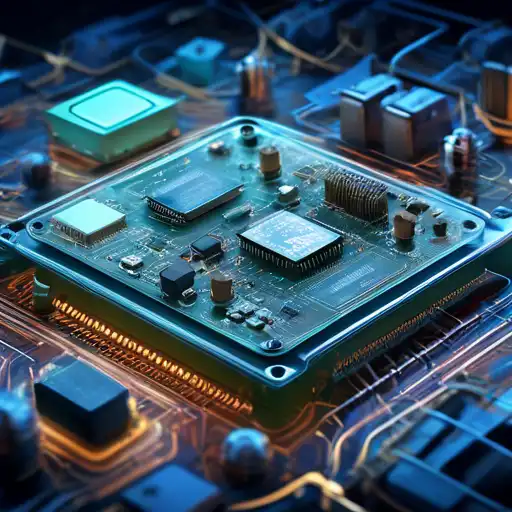The Hidden Power of Embedded Systems in Modern Smart Devices
Embedded systems are the cornerstone of today's smart devices, from the simplest household gadgets to the most complex industrial machines. These specialized computing systems are designed to perform dedicated functions within larger systems, often without the need for human intervention. Their efficiency, reliability, and compact size make them indispensable in the era of the Internet of Things (IoT).
Understanding Embedded Systems
At their core, embedded systems are combinations of hardware and software that are built to carry out specific tasks. Unlike general-purpose computers, which are designed to handle a wide range of tasks, embedded systems are optimized for their particular application. This optimization allows for greater efficiency and performance in tasks ranging from controlling the temperature in your smart thermostat to managing the operations of a spacecraft.
The Role of Microcontrollers
Microcontrollers are the brains behind most embedded systems. These small, integrated circuits contain a processor core, memory, and programmable input/output peripherals. They are what allow embedded systems to be so compact and efficient. For example, the microcontroller in your smartwatch manages everything from tracking your steps to displaying notifications from your smartphone.
Embedded Systems in Everyday Life
You interact with embedded systems every day, often without realizing it. Here are just a few examples:
- Smartphones: Manage everything from touch screen inputs to wireless communications.
- Home Appliances: Such as refrigerators and washing machines that can be controlled via smartphone apps.
- Automobiles: Modern cars contain dozens of embedded systems for everything from engine management to infotainment systems.
The Future of Embedded Systems
As technology continues to advance, the role of embedded systems is set to grow even further. With the rise of the IoT, more and more devices are becoming connected, and embedded systems are at the heart of this revolution. Innovations in artificial intelligence and machine learning are also being integrated into embedded systems, enabling smarter, more autonomous devices.
For those interested in diving deeper into the world of embedded systems, exploring resources on microcontrollers and IoT can provide valuable insights into how these technologies are shaping our future.
Embedded systems may not always be visible, but their impact on our daily lives and the broader technological landscape is undeniable. As we continue to push the boundaries of what's possible with smart devices, embedded systems will undoubtedly play a pivotal role in bringing these innovations to life.
